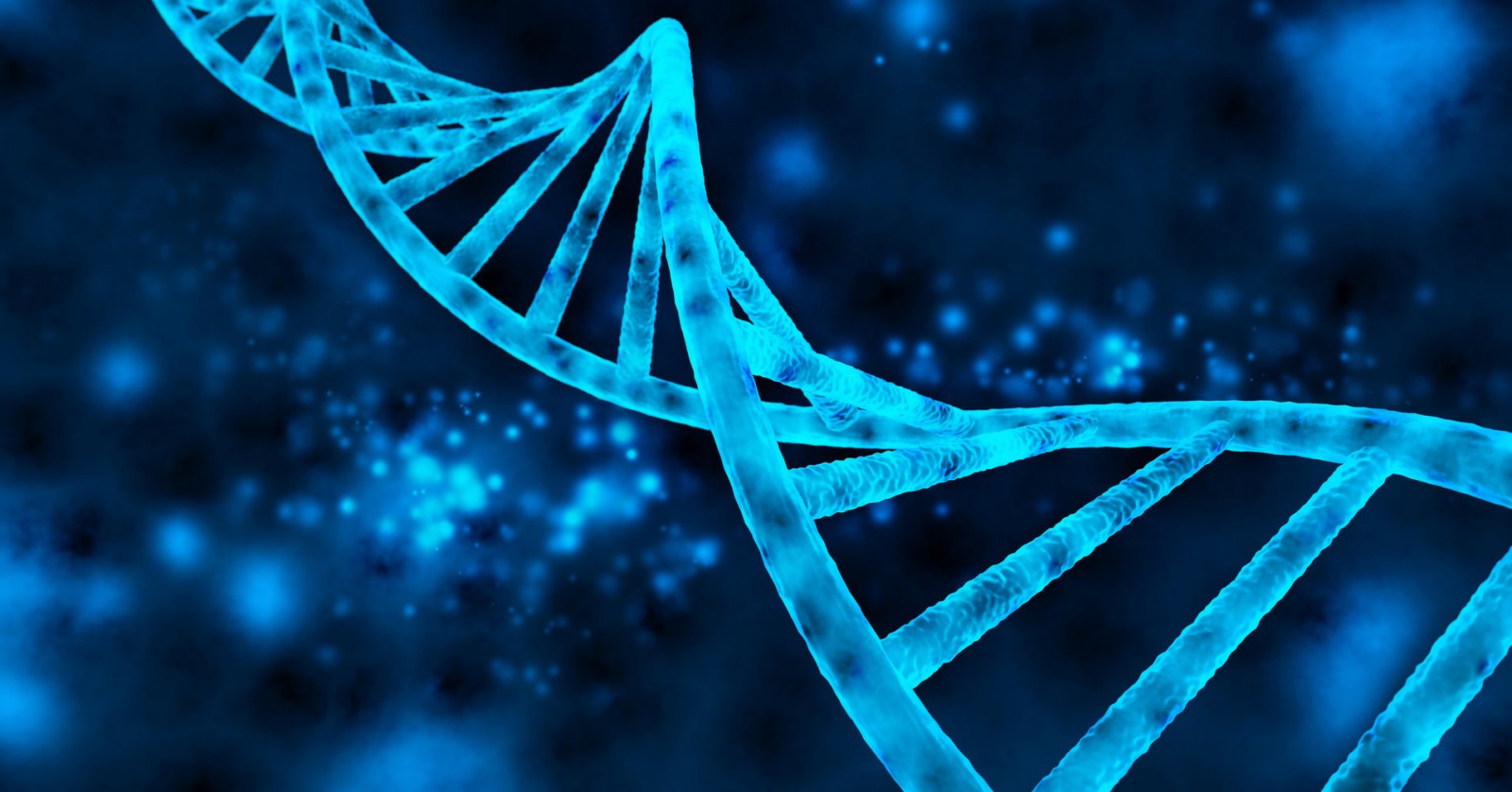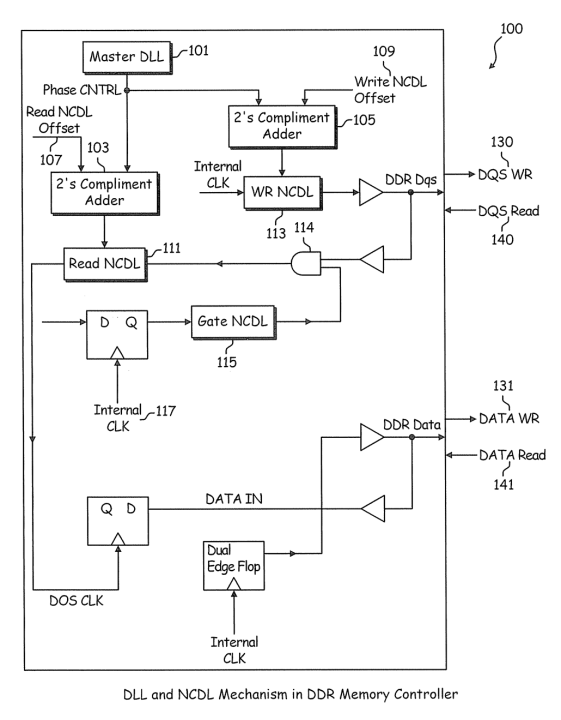As more and more individuals undergo genetic testing to discover their DNA ancestry and genetic health, Ancestry’s repository of DNA information, and the repositories of other companies in the direct-to-consumer genetic testing industry, will continue to grow. This raises some privacy concerns about the use of DNA information stored in these companies’ databases.
DNA Testing Privacy & Monetization Concerns
In Ancestry’s Terms and Conditions, customers using the kit consent to grant Ancestry, “a royalty-free, worldwide, sublicensable, transferable license” to their own DNA. The ethics of such a consent buried deep within the fine print of the kit is questionable, to say the least. Reminiscent of the HeLa cell line controversy, Ancestry is free to monetize DNA submitted by its customers in perpetuity with no obligation to pay for, or even inform, the customer of its use. Customers can withdraw consent at any time, but Ancestry stipulates that, “Data cannot be withdrawn from research already in progress or completed, or from published results and findings.” Additionally, Ancestry warns that, “It is possible that information about you or a genetic relative could be revealed, such as that you or a relative are carriers of a particular disease. That information could be used by insurers to deny you insurance coverage, by law enforcement agencies to identify you or your relatives, and in some places, the data could be used by employers to deny employment.”
Genetic Information Protection
Currently, the Genetic Nondiscrimination Act of 2008 (GINA) prevents employers and health insurers from discriminating against an individual based on genetic information. For instance, a person who tests positive for the BRCA gene, indicating a higher risk of breast and ovarian cancer, cannot be denied health insurance coverage or employment. The law does not include life, disability, or long-term care insurance, however. A new bill introduced in March to the US House of Representatives would undermine many of the protections set in place by GINA. The bill, H.R. 1313- Preserving Employee Wellness Programs Act, would allow employers and health insurers to take genetic testing into account if required by an employee wellness program. While these wellness programs are opt-in, the proposed bill would heavily penalize employees for not submitting genetic information.
Industry Response May Not Be Enough
Ancestry has continued to deny that it exploits customers’ DNA. Eric Heath, Ancestry’s Chief Privacy Officer, went on the company’s blog in May to clarify some of the language used in Ancestry’s Terms and Conditions, emphasizing in particular that the company does not sell genetic data to insurers, employers, or third-party marketers. Ancestry even updated their terms and conditions to address their customers’ privacy concerns. The fact remains, however, that Ancestry, 23andMe, and other genetic testing services retain customers’ genetic information indefinitely. The scope of the research projects supported by these companies using their customers’ DNA is not clearly defined, and customers cannot withdraw their genetic data from research already in progress. If H.R. 1313 passes through Congress, genetic testing companies like Ancestry and 23andMe could be compelled to submit customers’ DNA profiles to employers and health insurers.
This data monetization opportunity may explain why providers have been battling it out over patent infringement claims. A recent post, Patent Infringement Litigation: A Growing Concern in DNA Ancestry, explored the litigation activity in this market.
Do the Benefits Outweigh the Concerns?
For all of the risks associated with direct-to-consumer genetic testing, there are tangible benefits to these services. AncestryDNA, for instance, allows individuals to connect with previously unknown genetic relatives and create more accurate genealogies. An article from the Washington Post earlier this year told the story of a woman whose AncestryDNA test led her to discover that her father, long assumed to be Irish, was, in fact, an ethnic Ashkenazi Jew who was inadvertently switched at birth in the hospital with the child of Irish immigrants. In addition, genetic health reports from AncestryDNA, 23andMe, and other testing services on the market can help to raise awareness for genetic diseases and allow for individuals predisposed to certain conditions to take preventative measures. After all, genes are only one factor in the development of a disease; environmental factors like diet, exercise, and stress are variables that can be adjusted if a genetic health report raises concerns. 23andMe’s Therapeutic Division uses customer-submitted DNA to research genetic diseases, including neurodegenerative diseases such as Parkinson’s and Alzheimer’s, in the hopes that their repository of genetic information will lead to breakthroughs in therapies and treatments.
While companies like Ancestry and 23andMe continue to see their revenues grow, consumers are often unaware that their genetic information becomes commoditized by these testing companies. Public health organizations like the U.S. National Institute of Health, The American College of Medical Genetics, and the Centers for Disease Control and Prevention describe in detail the risks and benefits of direct-to-consumer genetic testing, taking a cautionary stand on the issue. In the end, potential customers of direct-to-consumer genetic ancestry and health tests should be aware of the pros and cons of giving companies like Ancestry and 23andMe ownership over their DNA.




